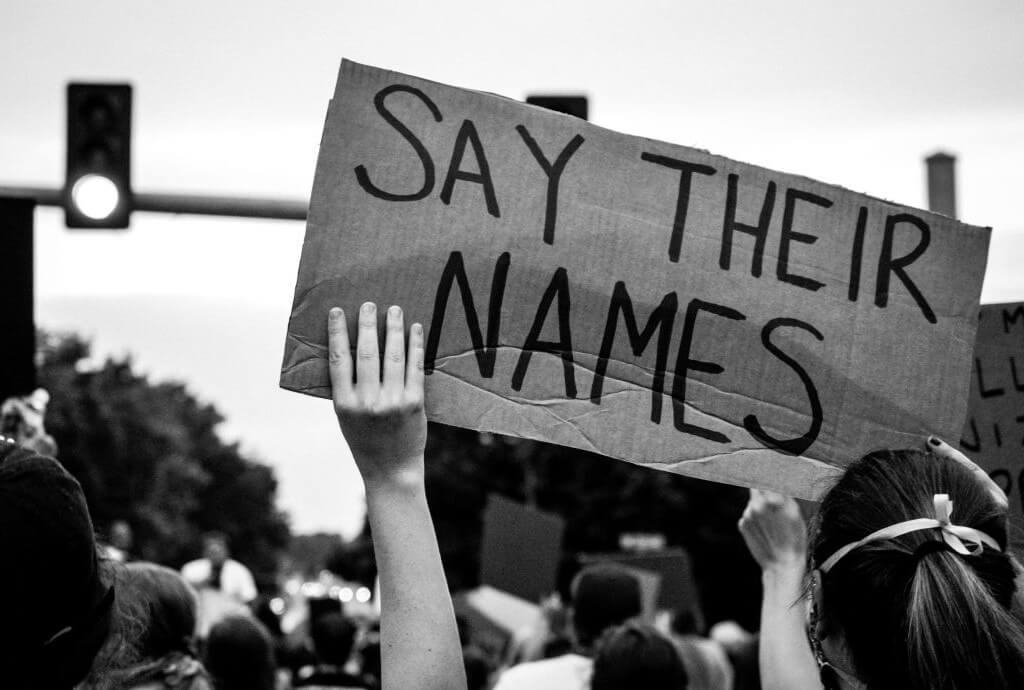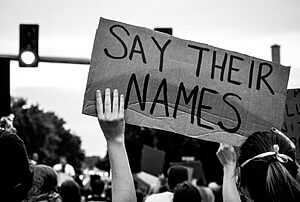Summarised by Centrist
Karima Manji, a Canadian woman, has been sentenced to three years in jail for fraudulently claiming her daughters were Inuit (Indigenous Canadians from the Arctic region).
Manji’s daughters accessed over C$150,000 (NZD$184,000) in benefits intended for Inuit residents. Despite living briefly in Iqaluit in the 1990s, Manji’s daughters were born in Ontario with no Inuit heritage.
Manji falsely claimed she adopted them from an Inuit woman. The Nunavut Tunngavik Incorporated (NTI), which oversees Inuit identity verification, approved the fraudulent application. The daughters used their false identity to obtain funds from the Kakivak Association for education expenses.
After the deception was uncovered, NTI took action to remove them from the Inuit enrolment list. In court, the judge stressed the need for a strong penalty to deter future fraudulent claims, stating, “only a penitentiary term” fits the scope of the fraud.
Manji, previously convicted of fraud, was ordered to repay C$130,000 (NZD$156,000).
Editor’s note: This case highlights that, in some instances, governments and the indigenous people themselves are much firmer on who is entitled to indigenous benefits than is the case in New Zealand. It also well illustrates the concept that the more benefits a group receives based on ethnicity, the more likely it is people are going to want to be included in that group.



















